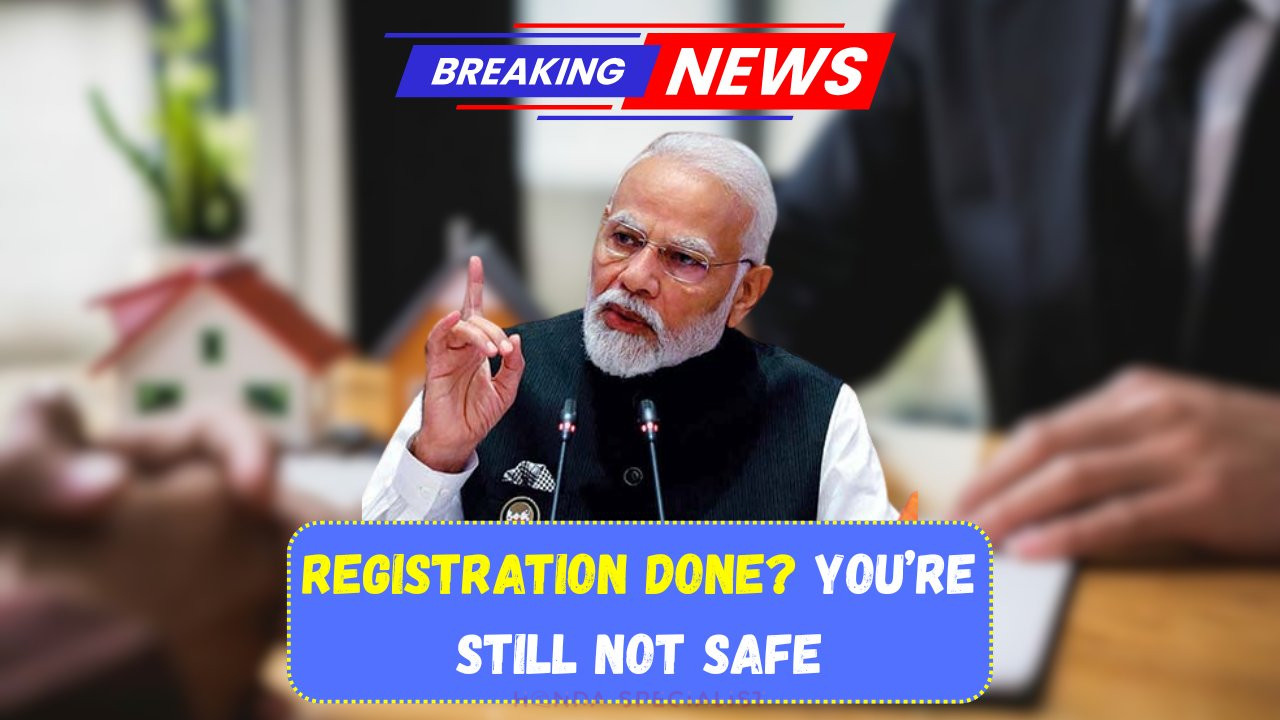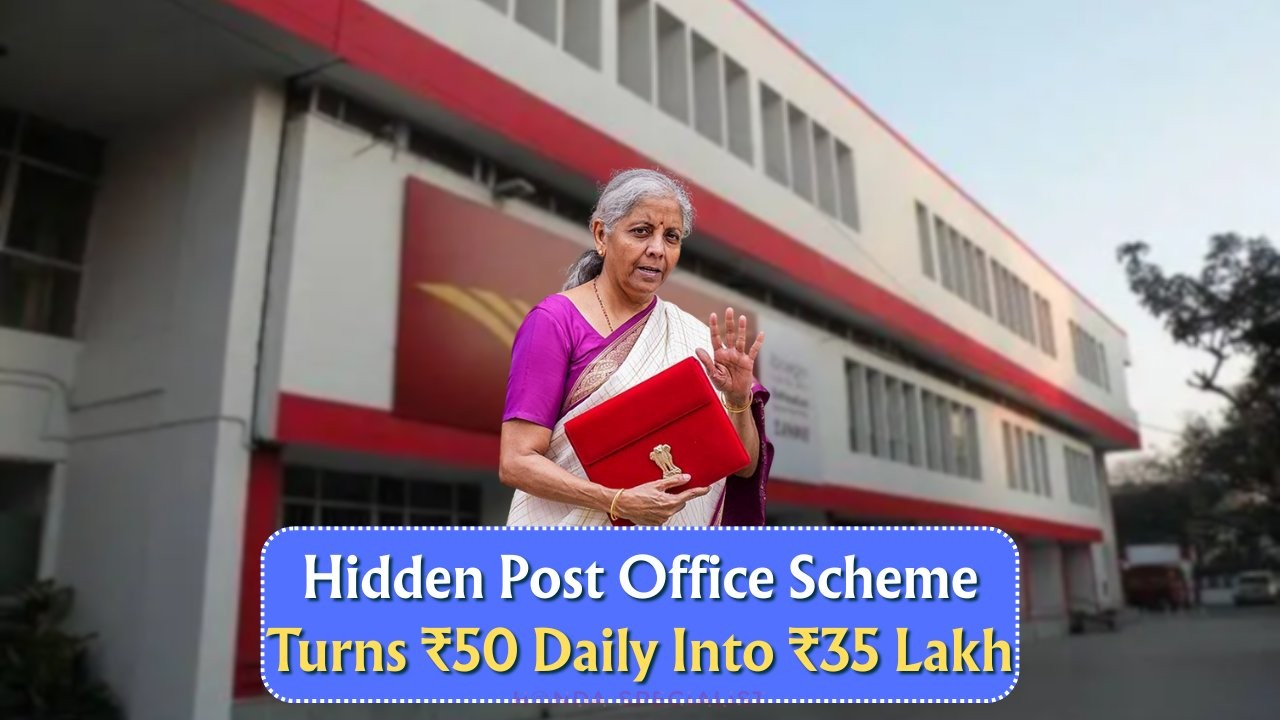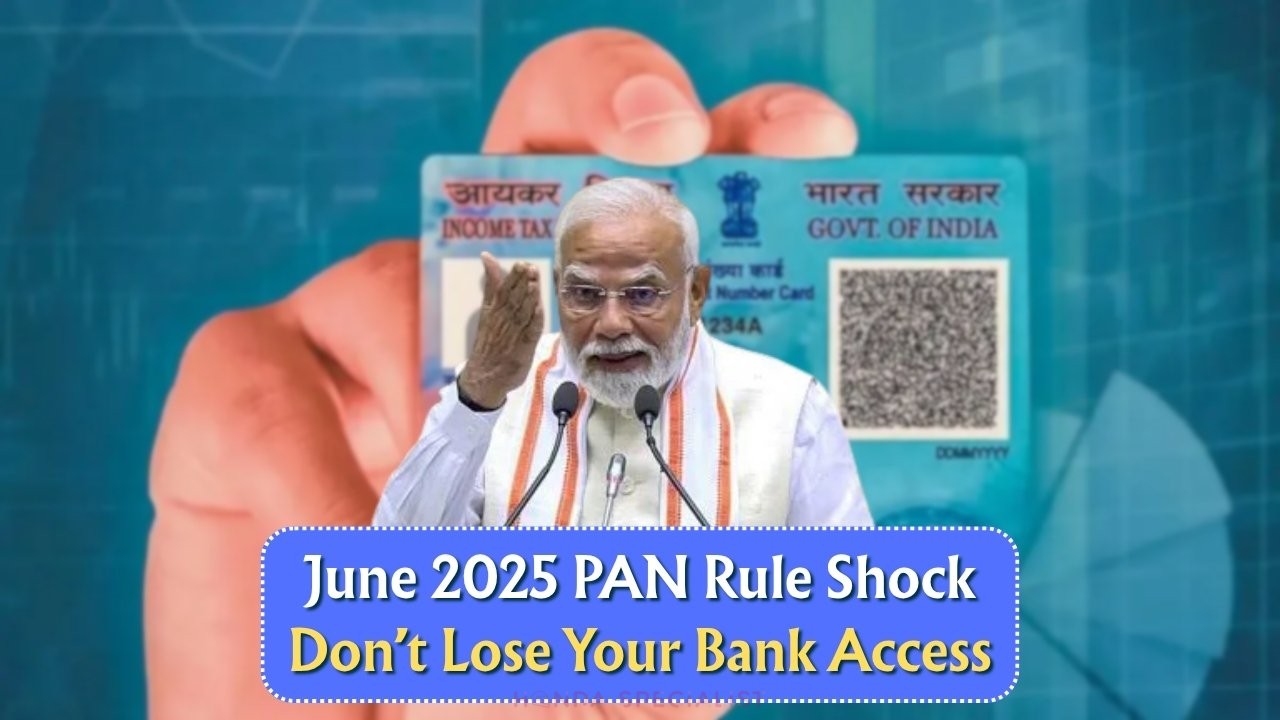Think Property Registration Secures Ownership?Discover the Essential Document You Truly Need!
Understanding Property Registration in India
Property registration is often seen as the ultimate step in securing ownership of a property in India. However, the process involves more than just registration. Understanding the intricacies of property ownership is crucial for safeguarding your investment.
What is Property Registration?
The Process Overview
- Document Preparation: Ensure all necessary documents like the sale deed, identity proof, and property card are ready.
- Payment of Stamp Duty: Pay the applicable stamp duty and registration fees.
- Visit the Sub-Registrar’s Office to officially register the property.
- Receive the registered document as proof of ownership.
Why Registration is Not Enough
The Essential Document: Title Deed
While registration is an important step, the title deed is the document that truly confirms ownership. It is crucial to ensure the title deed is clear and free of any encumbrances.
Importance of a Clear Title:Ensures legal recognition of ownershipPrevents future legal disputesFacilitates easier transfer of ownership
Securing a Clear Title
- Conduct a title search to trace the history of ownership.
- Obtain a legal opinion from a property lawyer.
- Check for any outstanding loans or mortgages on the property.
- Ensure the property is free from litigation.
The Role of Encumbrance Certificate
| Document | Purpose | Validity | Importance |
|---|---|---|---|
| Encumbrance Certificate | Shows property is free from legal dues | Up to 30 years | Critical for confirming clear title |
| Sale Deed | Transfers ownership | Permanent | Proof of ownership transfer |
| Property Card | Details of land ownership | Until changes | Important for land records |
| Mutation Certificate | Records change in ownership | Until further sale | Ensures tax records are updated |
| Khata Certificate | Legal property identification | Until property is altered | Necessary for municipal records |
| NOC | No Objection Certificate | Varies | Ensures property is free from disputes |
Steps to Verify Property Ownership
Ensuring complete property ownership involves several steps. Here’s how you can ensure your property is truly yours:
- Obtain the Title Deed: Verify the authenticity and ensure it is in your name.
- Check Encumbrance Certificate: This will prove there are no outstanding dues.
- Conduct a Legal Verification: A property lawyer can help confirm ownership details.
- Ensure Mutation is Done: Update records in the municipal office.
- Secure a Possession Certificate: Confirms physical possession of the property.
- Regularly update all records to reflect any changes in ownership.
- Keep all documents safely stored and easily accessible.
Encumbrance Certificate vs. Title Deed
| Aspect | Encumbrance Certificate |
|---|---|
| Purpose | Shows if there are any legal dues |
| Issued By | Sub-Registrar’s Office |
| Validity | Up to 30 years |
| Importance | Essential for confirming clear title |
| Cost | Varies by state |
| Duration to Obtain | Usually a few weeks |
| Additional Info | Does not show ownership |
Common Misconceptions About Property Ownership
Many property buyers have misconceptions about what constitutes true ownership in India. Here are some common myths:
- Myth: Registration alone secures ownership.
- Myth: Encumbrance Certificate is not necessary if the property is new.
- Myth: Title Deed is not required if you have a Sale Deed.
- Myth: Legal verification is not needed for properties in gated communities.
Understanding and overcoming these misconceptions can save you from potential legal troubles.
 New Property Law Alert: From 1 July 2025, Renting Without a Digital Stamp to Cost You ₹5,000 Fine!
New Property Law Alert: From 1 July 2025, Renting Without a Digital Stamp to Cost You ₹5,000 Fine!
Protecting Your Property Investment
- Keep all documents updated: Regularly check and update all property documents.
- Engage legal assistance: Consult with a property lawyer for any doubts.
- Stay informed: Keep abreast of any changes in property laws.
- Maintain a digital backup: Store copies of all documents digitally.
Table of Documents for Property Ownership
| Document | Required For | Issuing Authority |
|---|---|---|
| Title Deed | Proof of ownership | Sub-Registrar’s Office |
| Sale Deed | Transfer of ownership | Sub-Registrar’s Office |
| Encumbrance Certificate | Clear title confirmation | Sub-Registrar’s Office |
| Mutation Certificate | Update municipal records | Municipal Authority |
| Khata Certificate | Property identification | Municipal Authority |
Ensuring your property is truly yours involves more than just registration.Keep all documents updated and verified.Legal assistance can be invaluable in this process.Stay informed about property laws in India.
FAQ Section
What is the most important document for property ownership?
While registration is crucial, the Title Deed is the most important document as it proves legal ownership.
How often should I update my property documents?
It is advisable to review and update your property documents annually or whenever there is a change in ownership.
Do I need a lawyer for property registration?
While not compulsory, consulting a property lawyer can help avoid legal complications and ensure all documents are in order.
Is an Encumbrance Certificate necessary for new properties?
Yes, it is important to confirm there are no legal dues, even for new properties.
Can I store property documents digitally?
Yes, having digital copies is beneficial, but ensure the original documents are kept safe.








